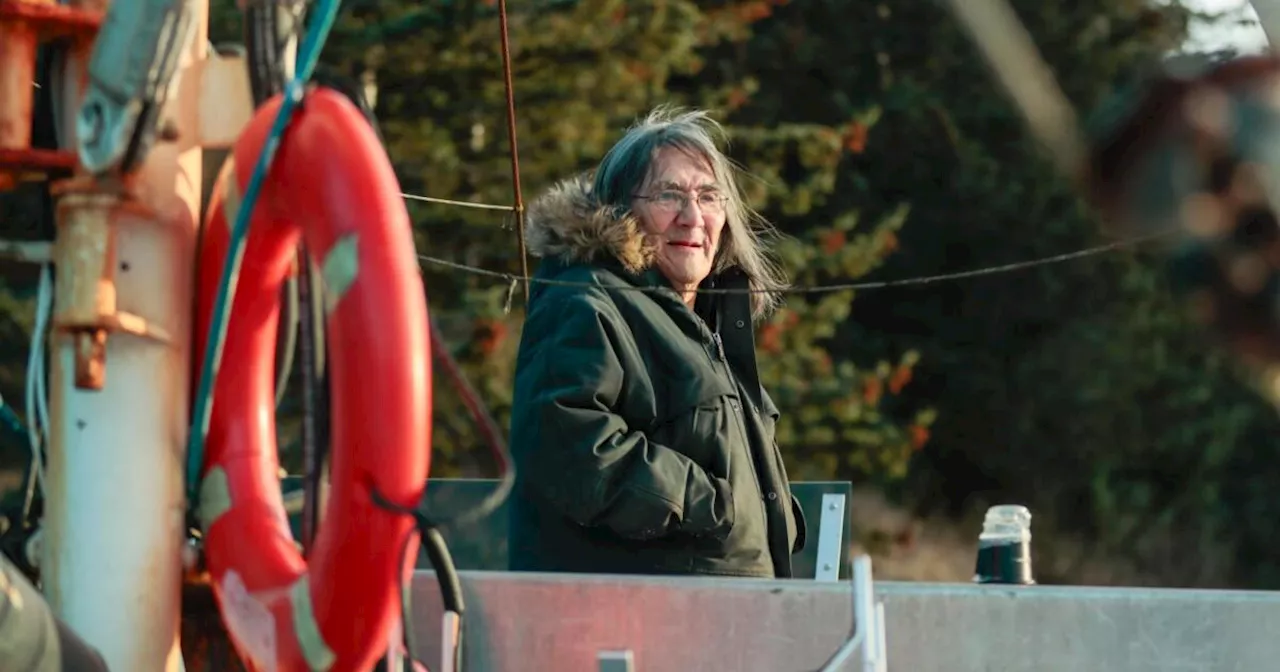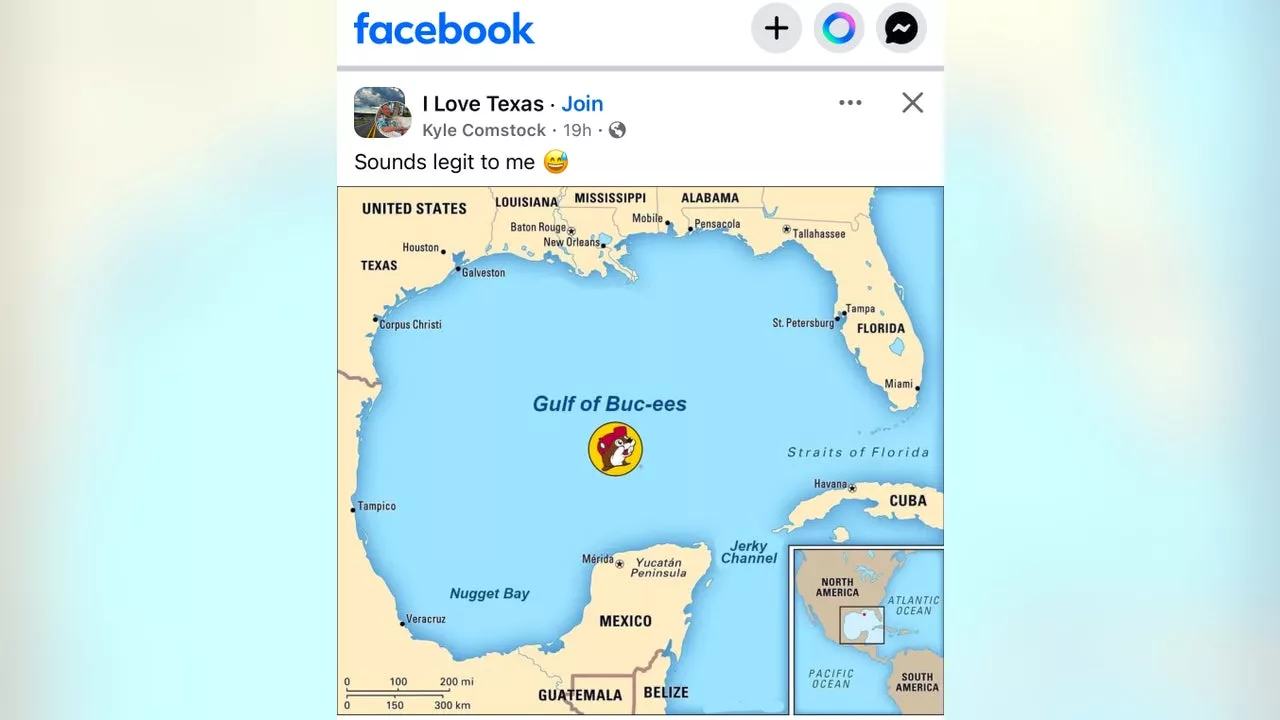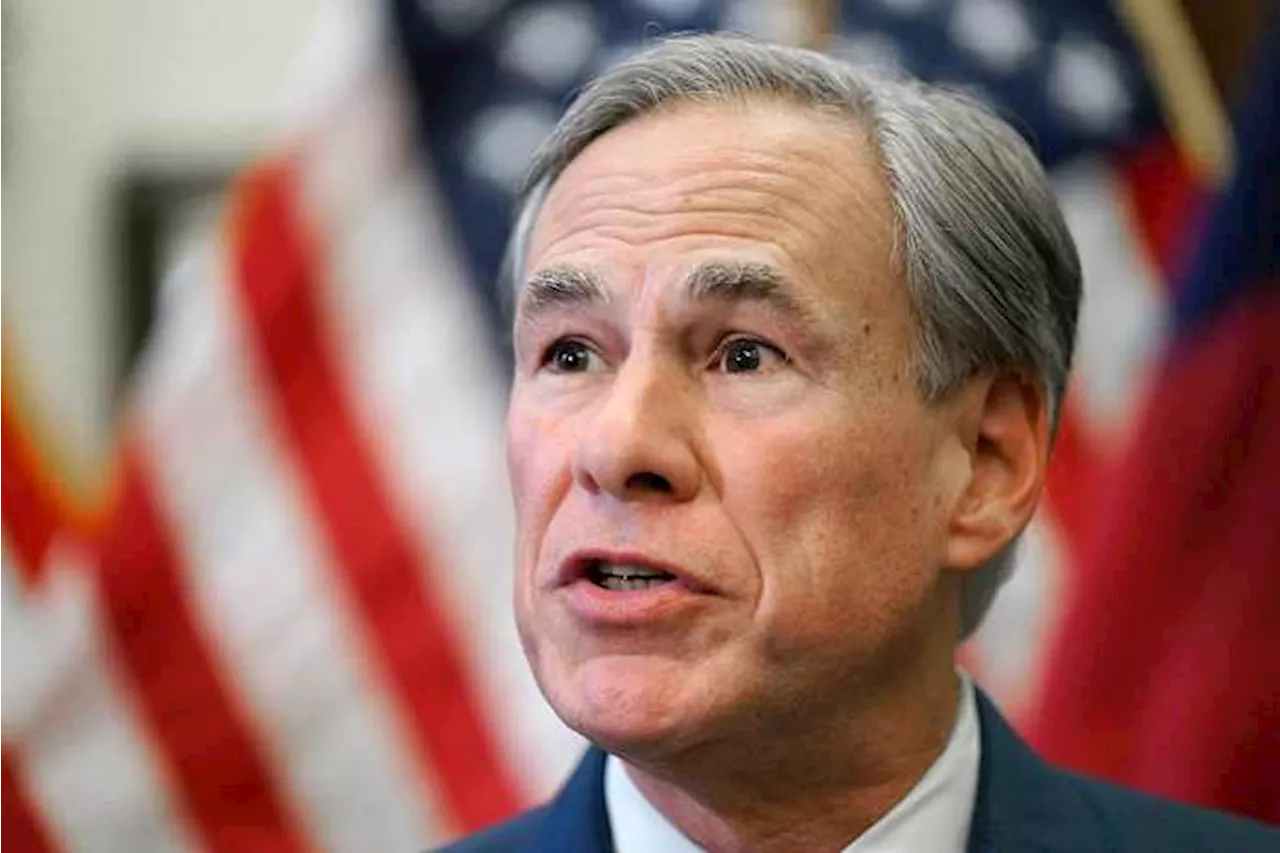A permitting system designed in the 1970s was supposed to make Alaska’s commercial fishing industry more sustainable and more profitable. But over the last 50 years, it has hollowed out many Indigenous coastal villages where residents no longer can earn a living by harvesting salmon.
KODIAK — On an early, foggy summer morning, Nick Katelnikoff steered his boat through the treacherous waters off Kodiak Island’s Spruce Cape and chuckled.Katelnikoff, 76, is a veteran fisherman — the kind of guy who, friends say, can call his catch into his boat.
Over the last 50 years, hundreds of Alaska’s most valuable salmon permits have drained out of its Indigenous coastal villages. Now, the profits flow increasingly to those who live in Alaska’s population centers or in other states.of thousands of Indigenous people with ties to the Gulf of Alaska. “Now, we don’t have access to our resources located in our backyard.”The outflow was set in motion in the early 1970s.
They face high prices for groceries, fuel and other supplies, which have to be flown or barged in from afar. Jobs outside of fishing are scarce, and fishing jobs are increasingly sparse, too. Residents who can’t afford permits have to leave their homes, families and cultures to find full-time jobs. But the one-time windfalls severed an Indigenous tradition of commerce tied to Alaska’s ocean harvests — a trade that could now require a permit to access. And the high prices put them out of reach for many rural Alaskans who lacked a credit history or who didn’t have collateral for a loan.
The state has dozens of fisheries and types of fishing gear, and the losses vary across different regions and classes of permits. But they’ve tended to be more acute in fisheries where more money is at stake. “It was an alien construct that got dropped onto all these communities. And even if they’re as good or better fishermen, or as good or harder workers, it didn’t really matter,” he said. “The structure was so foreign. And once in motion, it just got worse.”
But he said it also faces competition from other policy problems like school funding and a shortage of the natural gas used to heat urban Alaska homes. “It was like, ‘Holy smokes, we’re a top boat? This is a joke,’” he said. “How would a family make a living?” In 1972, Gardiner ran for the state House at age 22. His campaign slogan, he said, was “too many fishermen, fishing for too few fish, at too low a price.” At the Capitol, he became one of the most vocal advocates for limiting the number of fishing boats on the water.
That meant that when the permits first rolled out, nearly half of them went to Alaska Native people, who at the time represented some 18% of the state’s population. Lawsuits and a statewide referendum campaign both challenged the new system. But the program held up.Jerry Liboff grew up in Southern California, and in his early 20s he signed up with Volunteers in Service to America, a program that has since become part of AmeriCorps. In 1969 the program dispatched Liboff to Koliganek, a Yup’ik village of 140 in the Bristol Bay region.
Subsistence harvests of fish and game were essential to survival. There was, however, one strong link connecting Koliganek to the cash economy. Liboff’s fluency in English and in navigating bureaucracy made him useful in the village, and he decided to stay, developing a passing facility with the Yup’ik language. He also drummed up a tax preparation business — working with residents of Koliganek and, eventually, more than a dozen surrounding villages.Many of his clients were fishermen, giving him a unique chance to observe the effects of the new permit system in the years after its approval.
Liboff said he witnessed teachers and pilots — non-Natives who lived in and traveled through the villages — acting like speculators. They found local fishermen in Bristol Bay who needed money and bought their permits on the cheap, then flipped them for a profit, Liboff said. “That was her very incorrect version of how the law worked: If you fished enough years, you’d get another permit,” Liboff said. Today, he added, “there’s one permit left in the family, out of eight.”
“This Westernized model, one-size-fits-all, does not work,” said Christiansen, the tribal member and fisherman from Old Harbor, on Kodiak Island. “We’ve proven it over and over and over again.”Rural Alaska residents weren’t the only ones to notice permits trickling out of the villages. One driving force that appeared to be behind the trend, according to Langdon: The permits were worth more money to fishermen who could catch bigger hauls with them.
Langdon has suggested that the state allow tribes to own permits, so they can stay in Indigenous hands. But those and other ideas got little traction. Most legislators, Langdon said in an interview, live in more urban areas where their constituents are buying up permits — not selling them.There were 73 Kodiak salmon purse seine permits initially issued in the island's six Native villages. Ten remain, along with roughly a dozen more that have come into the villages from other communities.
The sale of permits isn’t the only factor driving the losses in rural Alaska. Migration — when a rural resident moves with their permit to urban Alaska or out of the state — has also been responsible for the loss of hundreds of rural permits statewide. Experts say the closure of many remote processing plants in coastal villages also makes it harder for rural fishermen to turn a profit.
“We’re ready to go to work” on policy reforms, said Joe Nelson, interim president of Sealaska, the Southeast Alaska Native corporation. “We’re working all together.”
United States Latest News, United States Headlines
Similar News:You can also read news stories similar to this one that we have collected from other news sources.
 The last skipper in Ouzinkie: How Gulf of Alaska villages lost their Native fishing fleetsA system designed in the 1970s was supposed to make Alaska’s commercial fishing industry more sustainable and more profitable. But over the last 50 years, it has hollowed out many Indigenous coastal villages where residents no longer can earn a living by harvesting salmon.
The last skipper in Ouzinkie: How Gulf of Alaska villages lost their Native fishing fleetsA system designed in the 1970s was supposed to make Alaska’s commercial fishing industry more sustainable and more profitable. But over the last 50 years, it has hollowed out many Indigenous coastal villages where residents no longer can earn a living by harvesting salmon.
Read more »
 The last skipper in Ouzinkie: How Gulf of Alaska villages lost their Native fishing fleetsA permitting system designed in the 1970s was supposed to make Alaska’s commercial fishing industry more sustainable and more profitable. But over the last 50 years, it has hollowed out many Indigenous coastal villages where residents no longer can earn a living by harvesting salmon.
The last skipper in Ouzinkie: How Gulf of Alaska villages lost their Native fishing fleetsA permitting system designed in the 1970s was supposed to make Alaska’s commercial fishing industry more sustainable and more profitable. But over the last 50 years, it has hollowed out many Indigenous coastal villages where residents no longer can earn a living by harvesting salmon.
Read more »
 Trump Plans to Rename Gulf of Mexico to 'Gulf of America'President-elect Donald Trump announced his intention to rename the Gulf of Mexico to the 'Gulf of America' during a news conference on January 7th. The announcement sparked debate about the feasibility and implications of such a change.
Trump Plans to Rename Gulf of Mexico to 'Gulf of America'President-elect Donald Trump announced his intention to rename the Gulf of Mexico to the 'Gulf of America' during a news conference on January 7th. The announcement sparked debate about the feasibility and implications of such a change.
Read more »
 Social Media Suggests 'Gulf of Buc-ees' as a Replacement for 'Gulf of America'After President-Elect Trump announced his intention to rename the Gulf of Mexico to the 'Gulf of America', Facebook users proposed an alternative: 'Gulf of Buc-ees'.
Social Media Suggests 'Gulf of Buc-ees' as a Replacement for 'Gulf of America'After President-Elect Trump announced his intention to rename the Gulf of Mexico to the 'Gulf of America', Facebook users proposed an alternative: 'Gulf of Buc-ees'.
Read more »
 Texas Residents Suggest Fun Names for Gulf of Mexico After Trump's 'Gulf of America' RemarkFollowing former President Trump's call to rename the Gulf of Mexico to the 'Gulf of America', residents of Texas have come up with a variety of humorous and creative suggestions for the body of water.
Texas Residents Suggest Fun Names for Gulf of Mexico After Trump's 'Gulf of America' RemarkFollowing former President Trump's call to rename the Gulf of Mexico to the 'Gulf of America', residents of Texas have come up with a variety of humorous and creative suggestions for the body of water.
Read more »
Gov. Greg Abbott: 'Gulf of Texas' better than 'Gulf of America'Texas Gov. Greg Abbott said on social media that if the Gulf of Mexico is renamed, it should be called the 'Gulf of Texas.'
Read more »